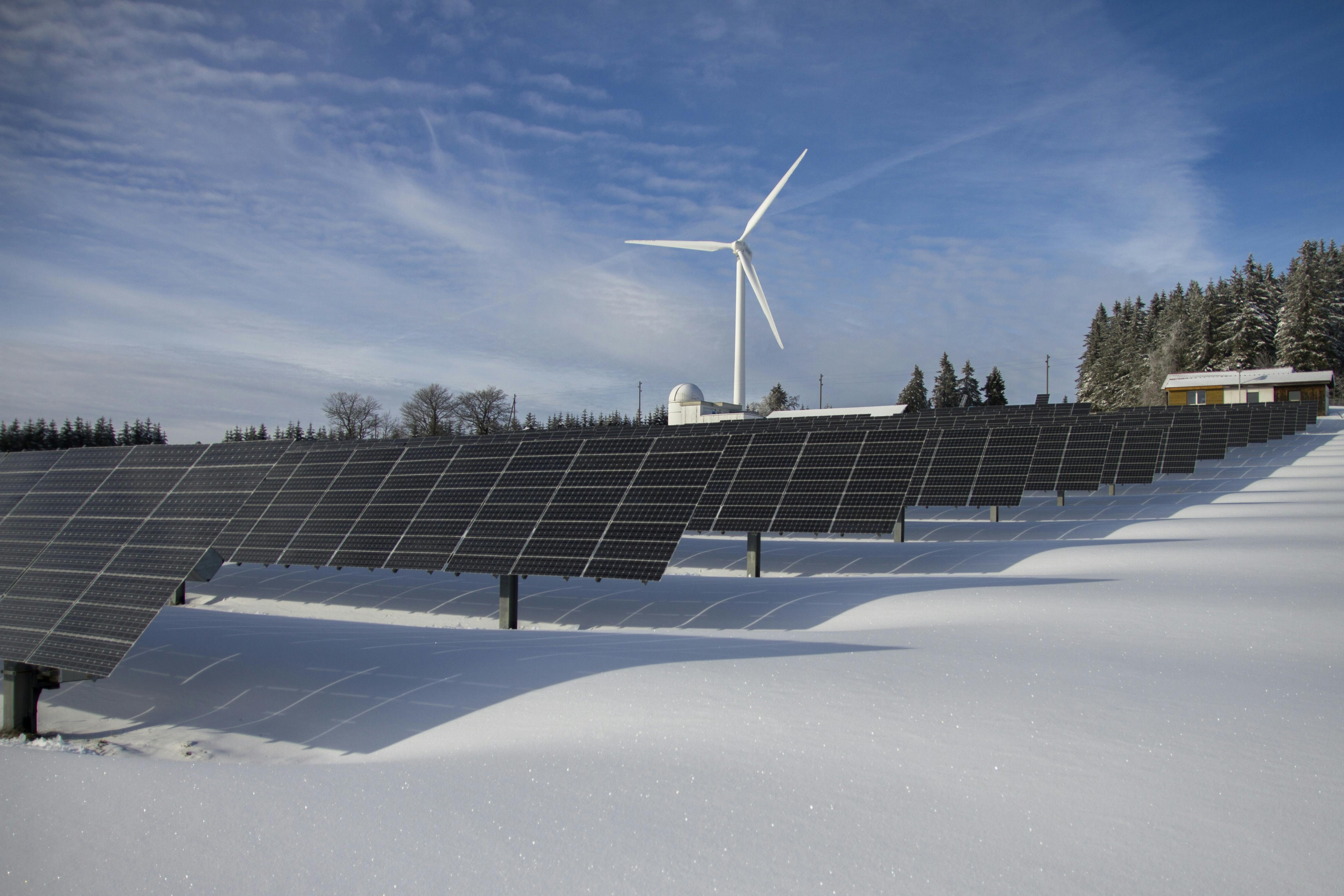
Introduction
Today, more and more homeowners are considering a shift toward renewable energy, and solar power invariably emerges as the optimal choice. Accounting for over two-thirds of energy generated by renewable sources worldwide, solar power is a clean, cost-effective, and sustainable alternative to traditional energy sources. A key component of harnessing this energy is choosing the right solar panels. This article will serve as a comprehensive guide to help you select the solar panels best suited for your home.
The Essence of Choosing Solar Power
Before you decide on the type of solar panel, it's essential to understand the benefits of choosing solar power. First, solar power is one of the most eco-friendly energy sources available, significantly reducing carbon footprint. Second, the energy produced is virtually free, bar the initial investment and maintenance costs, resulting in considerable long-term savings. Lastly, technological advancements have made solar energy systems compact, efficient, and easy to install.
The Different Types of Solar Panels
There are three main types of solar panels; Monocrystalline, Polycrystalline, and Thin Film.
1. Monocrystalline Solar Panels
These solar panels are black in color and composed of high-purity silicon using a single crystal structure. They are known for their efficiency (up to 20%) and longevity, typically carrying a 25-year warranty. Their exceptional performance comes at a cost, as these tend to be the most expensive type of solar panels.
2. Polycrystalline Solar Panels
Polycrystalline panels, identifiable by their blue color, are less efficient (15%) than monocrystalline panels but also less expensive. They are made from multiple silicon fragments melted together, which results in a reduced purity and, consequently, efficiency.
3. Thin Film Solar Panels
These panels are the least efficient (up to 12%), but they make up for it with their aesthetic appeal and low manufacturing costs. They work best in conditions with less direct sunlight, making them ideal for places with a high percentage of overcast days.
Factors to Consider when Choosing Solar Panels
Determining the type of solar panels for your home is a multifaceted process, which includes considering the amount of sun exposure your region gets, available roof space, and the budget.
1. Sun Exposure
Areas that enjoy more sunlight hours would benefit from all types of solar panels. However, for homes in regions with limited sunlight, thin-film panels may be a suitable choice due to their ability to function well even in diffused light.
2. Roof Space
The space available on your roof significantly impacts the type of solar panel you can install. Monocrystalline and polycrystalline panels are efficient and require less space. However, if you have a large enough roof, you may opt for less efficient but cheaper, thin-film panels.
3. Budget
Your budget is inevitably a huge decider. While monocrystalline panels are more expensive, they last the longest and are the most efficient. Thin-film panels, on the other hand, are the least efficient but are more budget-friendly.
Conclusion
Choosing the right type of solar panels for your home is a decision that should carefully balance performance, space, and cost. It's crucial that you assess your energy needs, roof capacity, and sunlight exposure to ensure your chosen panels will provide optimal performance. Solar power is undeniably a significant step towards a sustainable future, and selecting the right panels maximizes the value and benefits of your investment.